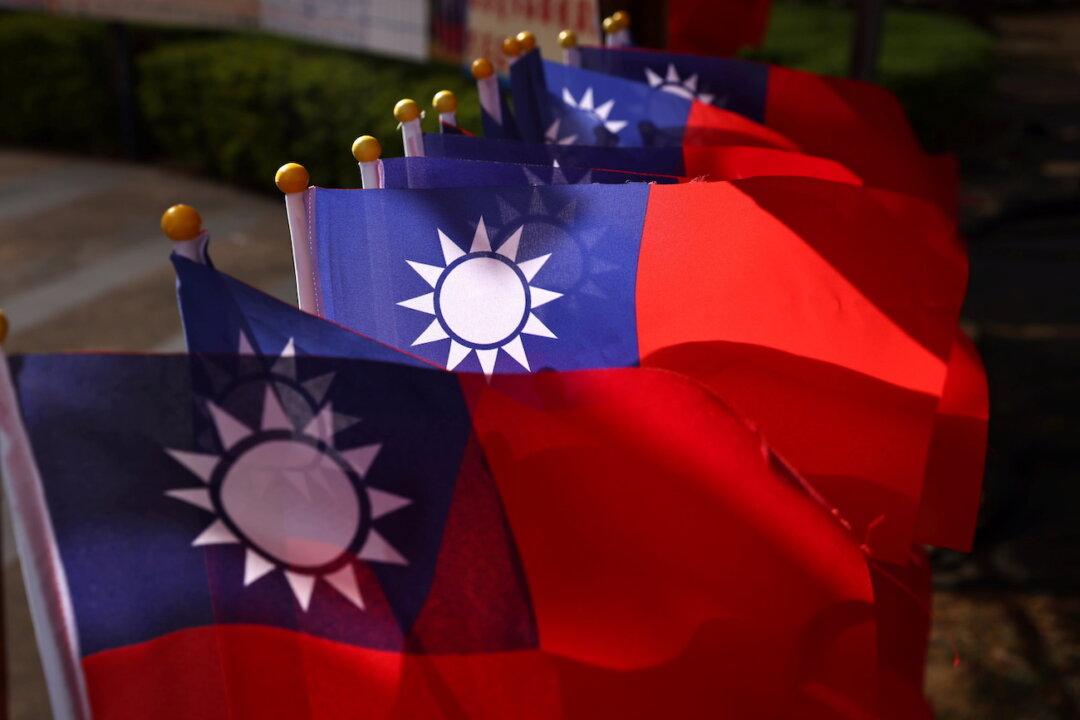Commentary
The Chinese Communist Party (CCP) insists that there is only “one China” and that the people of Taiwan answer to Beijing. Xi Jinping, China’s authoritarian-in-chief, has said, on more than one occasion, that “reunification” with Taiwan will occur, even if force is necessary.





